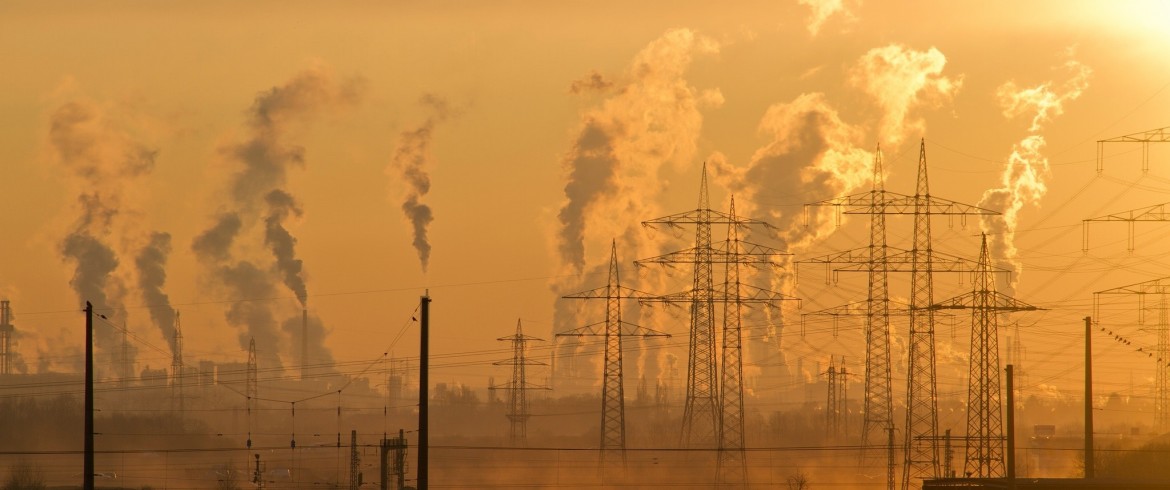9 out of 10 people in Europe are exposed to too high levels of air pollution according to the WHO. What to do? Here is the decalogue of the measures necessary to defeat air pollution. Let’s discover the Green Economy’s rules to fight and defeat air pollution.
We have known for a while, now, that our everyday activities affect our environment and in particular air pollution. Trying to go to school or to work using public transportation, or keeping the heating a little lower is no longer enough.
Green Economy made a research and wrote an interesting report on how the State, rather than each individual, can make a difference in the war against air pollution. Here’s the 10 rules to live by.
1. Adopt national strategies
Local councils cannot face alone such a big-scale problem. Air pollution is a phenomenon that requires a common national planning in order to find an effective solution. The Government should focus mostly on energetic, transport, technological standards and housing policies.
2. Innovate energy policies
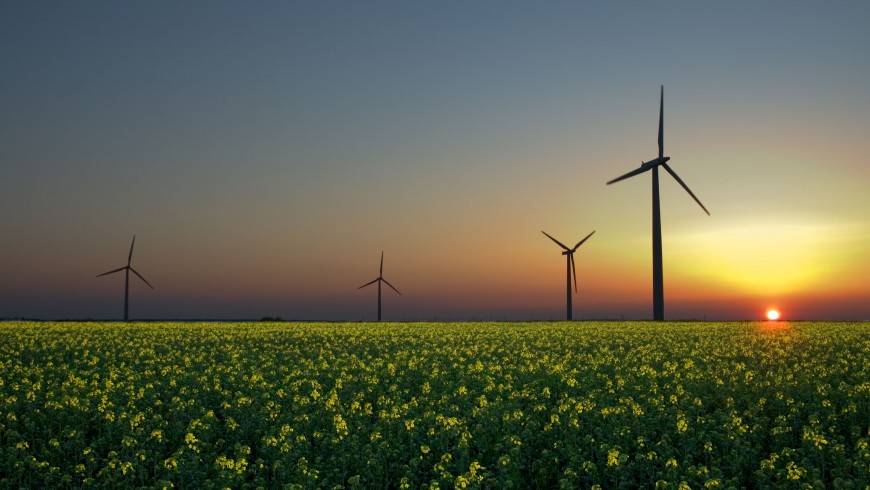
National institutions should coordinate climate change and air quality control policies. The strategies to fight global warming and the incentives to promote the use of renewable energy sources have effects even on the atmosphere and politicians should keep that on mind when debating new plans. Over the last few years, Europe has improved a lot, but the road is still long.
3. Do not wait for the disaster
Popular voice has never been righter: “Prevention is better than cure”. National boards must fund research projects and monitoring activities in order to avoid reaching critical levels or situations of emergency.
4. Change city traffic
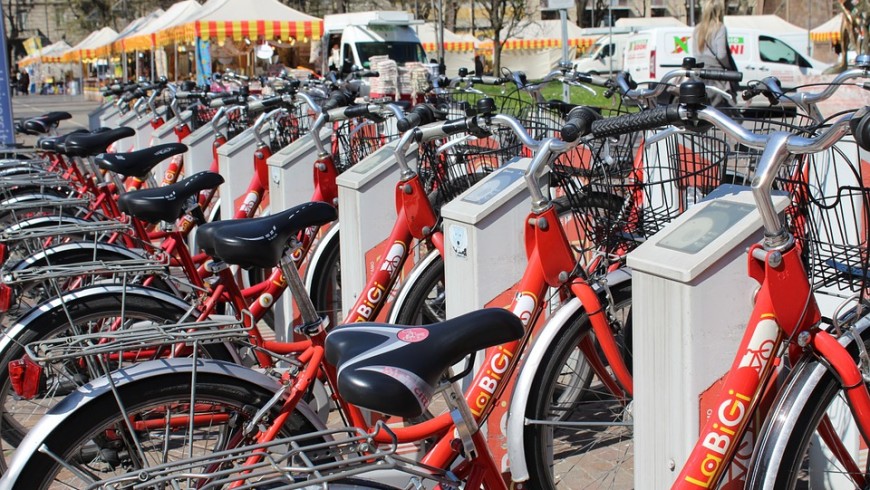
The goal is to reduce the numbers of cars to less than 500 per 1000 inhabitants. But how? We need to change how we move around the city: new forms like car-sharing, car-pooling or bike-sharing should complement traditional public transport. We should all follow Amsterdam‘s example!
5. Invest on public transportation
Councils have to reallocate the incomes of public and private funds to improve public transport facilities. Private means of transport are indeed in many Italian cities much more than in the other European capitals, causing significant consequences on the environment.
6. Improve car technology
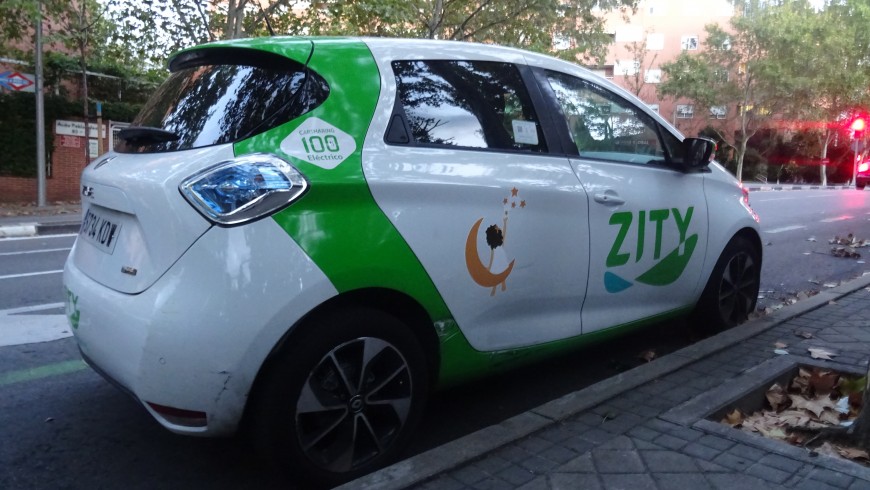
It is necessary to promote electric, hybrid or gas-fuelled cars and at the same time to discourage people from using gasoline or diesel-powered ones. Current policies must be updated and they should pursue even long-term goals.
7. Upgrade buildings
Houses produce ca 70% of the entire volume of atmospheric particulate matter (PM). Boards must upgrade heating systems of (public) buildings to reduce the energy demand. Such interventions require considerable amounts of money, therefore the funding system needs to adapt and innovate.
8. Regulate biomasses use
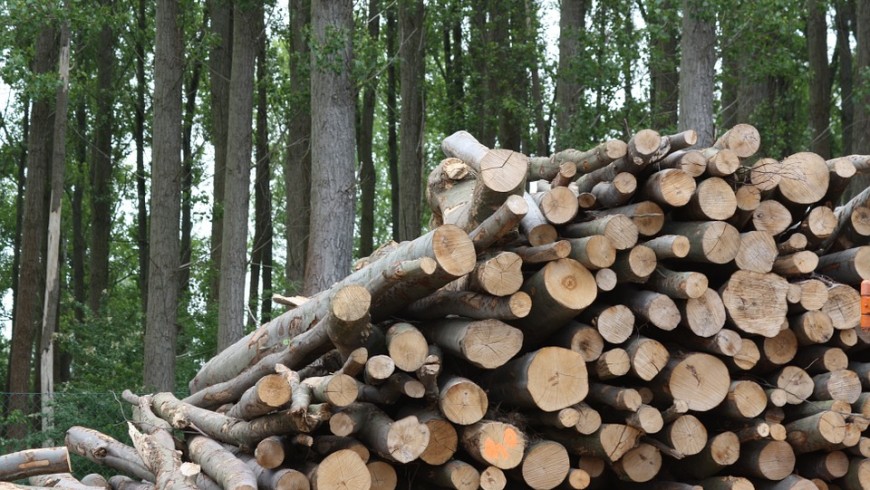
In spite of what many may believe, biomasses use in heating systems is the primary cause of ultrafine particles’ presence in the air. The Government must set national guidelines to regulate the usage of these biomasses and the technology to adopt, stimulating the spread of highly efficient technologies.
9. Develop an eco-friendlier agricoltural sector
The use of fertilisers made of ammoniac puts at stake air quality, because this gas is a cause of PM, highly dangerous for our health. Thanks to better and eco-friendlier practises in agriculture and breeding, it will be possible to reduce the presence of ammoniac and nitrogen in the air.
10. Reduce industrial air pollution
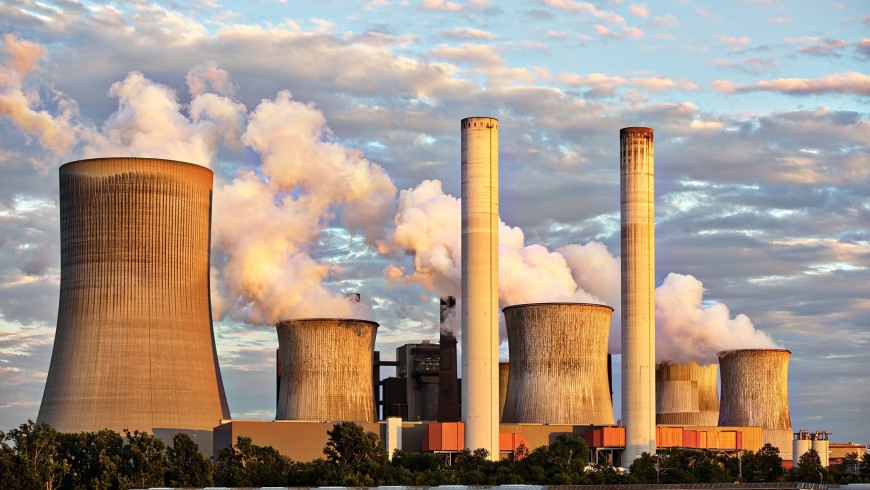
Despite the substantial improvements of the last years, factories remain a huge source of emissions. The various scales of the facilities require different adjustments and manoeuvres promoting cleaner and more efficient energetic sources.
This is what the national institution should do, but remember that even your actions are important: continue using your bike to go to work and turn off the heating when you leave the house!
Author: Eleonora Frasson
